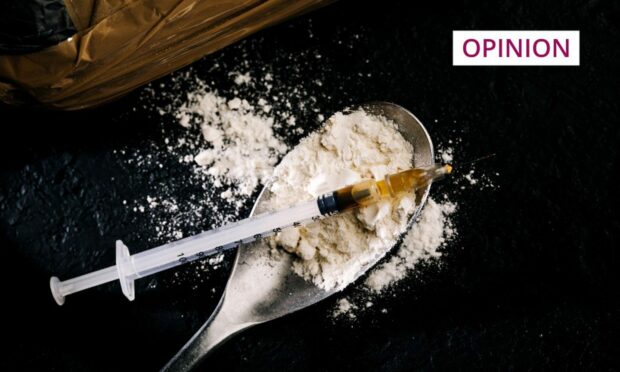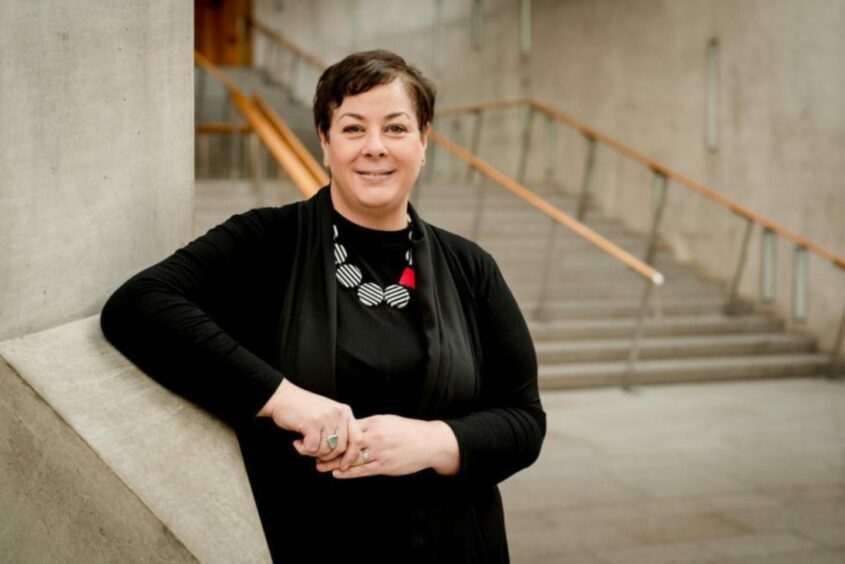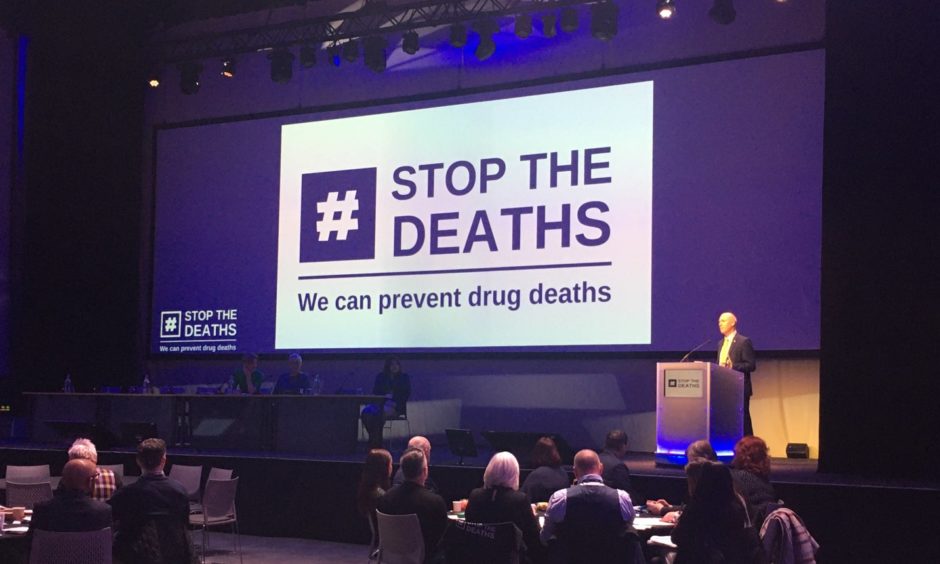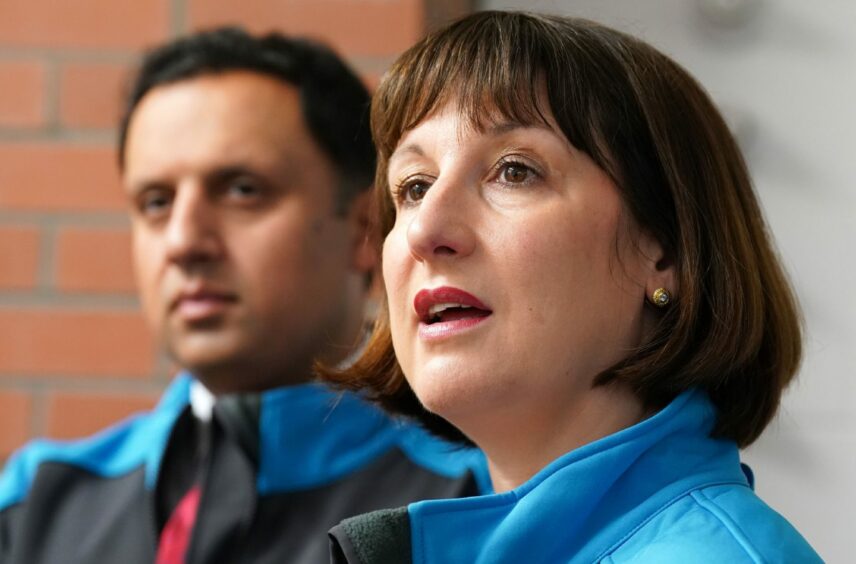Drugs deaths in Scotland fell last year. But the decline, to 1,330 from a record high of 1,339 the year before, was so paltry as to be almost meaningless.
It remained the highest drug-related death rate of any country in Europe. And no one is expecting any meaningful reduction when the latest annual figures are released in August.
The need for radical action to tackle this national crisis is clear then. And to be fair to the Scottish Government, that’s what it is now proposing.
Its new policy document suggests decriminalising the possession of drugs for personal supply. It also raises the creation of so-called ‘shooting galleries’, or consumption rooms, where users can take drugs under supervision, thus lowering the risk of fatal overdoses.
To no one’s great surprise, the issue has already turned into a political football.
Power over the Misuse of Drugs Act remains with Westminster and Prime Minister Rishi Sunak quickly ruled the measures out.
At Holyrood, Scottish Conservative MSP for Mid Scotland and Fife Murdo Fraser, whose party has made much of its own Right to Recovery proposals, branded the suggestions “irresponsible”, saying they signal to young people that drug use is acceptable.
Change at Westminster can act in Holyrood’s favour
The cynical next step would be for the SNP to cry foul. To blame London and use the denials as a stick to batter Westminster, another weapon in the battle for independence.
But the Scottish Government is not entirely without agency here.
It could, and should, be doing more with the powers it has. It could be making additional funding available for drugs misuse services and in areas such as residential rehab and education.
And it should be mindful that the political landscape at Westminster might well be shifting.
Shadow chancellor Rachel Reeves appeared to dash hopes that a Labour UK Government will be any more open to the ideas contained in the Holyrood paper, telling journalists covering her visit to Scotland: “The short answer is no.”
But Sir Keir Starmer has previously suggested he is more open to change, and has told The Courier he would not stand in the way of drug consumption rooms in Scotland if he becomes prime minister.
As that prospect begins to look increasingly likely, voters are looking to the Labour leader to step up and offer bold and credible policies.
Decriminalisation may not be on the cards for England and Wales. But further devolution for Scotland would put the onus on Holyrood to deliver on its promises.
What’s certain here is that the status quo is not an option.
Those who demand radical action cannot throw up their hands in horror when that’s what is proposed.
And nor should they insult the many thousands of Scots who have lost their lives to drugs – and the loved ones looking for good to come from tragedy – by reducing their deaths to the level of a constitutional row.













